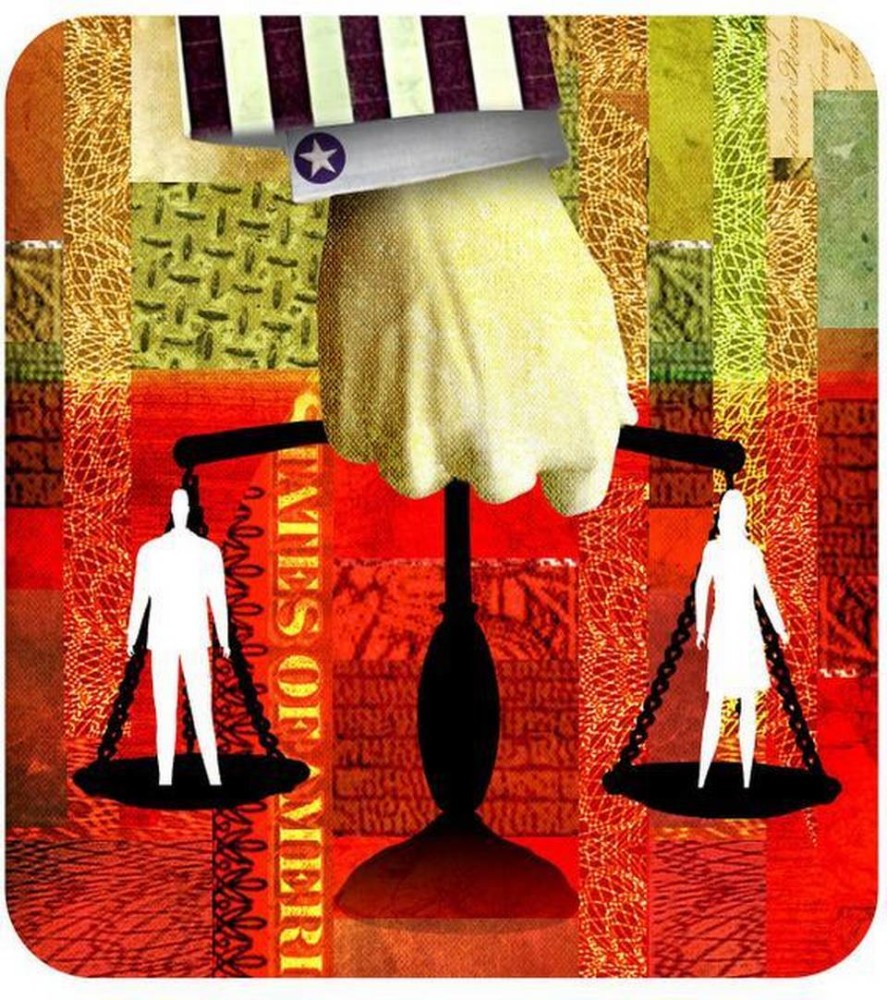By Anna M. Tinsley
Fort Worth Star-Telegram.
DALLAS
Even in 2015, women continue to face challenges in the workforce — from affordable child care to equal pay — despite decades of advancements.
That needs to change, especially at a time when women make up nearly half of the workforce across the country, said U.S. Rep. Marc Veasey, who hosted a standing-room only Women’s Conference at the Kidd Springs Recreation Center on Monday in Dallas.
It’s time “to address the unfinished work the women’s rights movement demanded from society,” said Veasey, D-Fort Worth. “While progress has been made in expanding access for women, … there’s still a disconnect.”
That disconnect can be seen in the fact that women earn 79 percent of what their male counterparts earn, even as 40 percent of women are the primary breadwinners for their families, said Dolores Bischof, who has worked in the Women’s Bureau and U.S. Labor Department.
And that disconnect, many say, is across the board in the economy, child care, businesses and in elected offices.
If you don’t have a seat at the table, chances are you are on the menu. U.S. Rep. Linda Sanchez, D-Calif.
Congressional Hispanic Caucus Chairwoman U.S. Rep. Linda Sanchez, D-Calif., said part of the problem is that men dramatically outnumber women in Congress and in state legislatures across the country.
In Congress, she said, there’s a saying: “If you don’t have a seat at the table, chances are you are on the menu.”
Responsibility of officials
Former state Sen. Wendy Davis, D-Fort Worth, said she grew up at a time where she had affordable child care, affordable college tuition and an employer who worked with her so that she could attend college.
“If it hadn’t been for a Planned Parenthood clinic near the home where I lived, I would not have had healthcare for about four years of my life … and the ability to control my own reproductive destiny,” she said. “If we can’t decide when and where to have children, we can’t realize the economic opportunities in front of us.”
Elected officials across the country are responsible for making sure services are available for all.
And that’s partly why Davis — who made an unsuccessful bid for governor last year, losing to Republican Greg Abbott — said she’s so frustrated watching Republicans running for president.
There’s a reason that those candidates can feel comfortable getting up on that stage and saying things that are anti-women. … It’s because they don’t believe they will be held accountable by voters for taking those positions. Former state Sen. Wendy Davis, D-Fort Worth
“There’s a reason that those candidates can feel comfortable getting up on that stage and saying things that are anti-women,” she said. “It’s because they don’t believe they will be held accountable by voters for taking those positions.”
Engage millennials
Davis — who worked with state Rep. Senfronia Thompson, D-Houston, in 2013 to pass an equal pay for equal work bill that later was vetoed by then-Gov. Rick Perry — encouraged voters to hold all candidates and elected officials responsible.
In recent months, Davis has talked briefly about a new initiative she’s working on to promote gender equality.
A key move is to make sure millennials are politically engaged, vote and run for office.
Otherwise, “it’s the old people who are voting,” Davis said, adding that those people aren’t worried about affordable college or child care or equal pay.
“We need to make sure that literally every time there’s an election, … we are going to express our choices,” she said.
“That’s what I hope to do with this initiative — empower young women.”
Other speakers Monday included Leticia Reyes, a small-business owner, and Sunja Smith, a paralegal and working mother.
Veasey said it’s time for elected leaders to step up and help.
“Public policymakers have the means to address these problems,” he said.














































































































































































































































































































































































